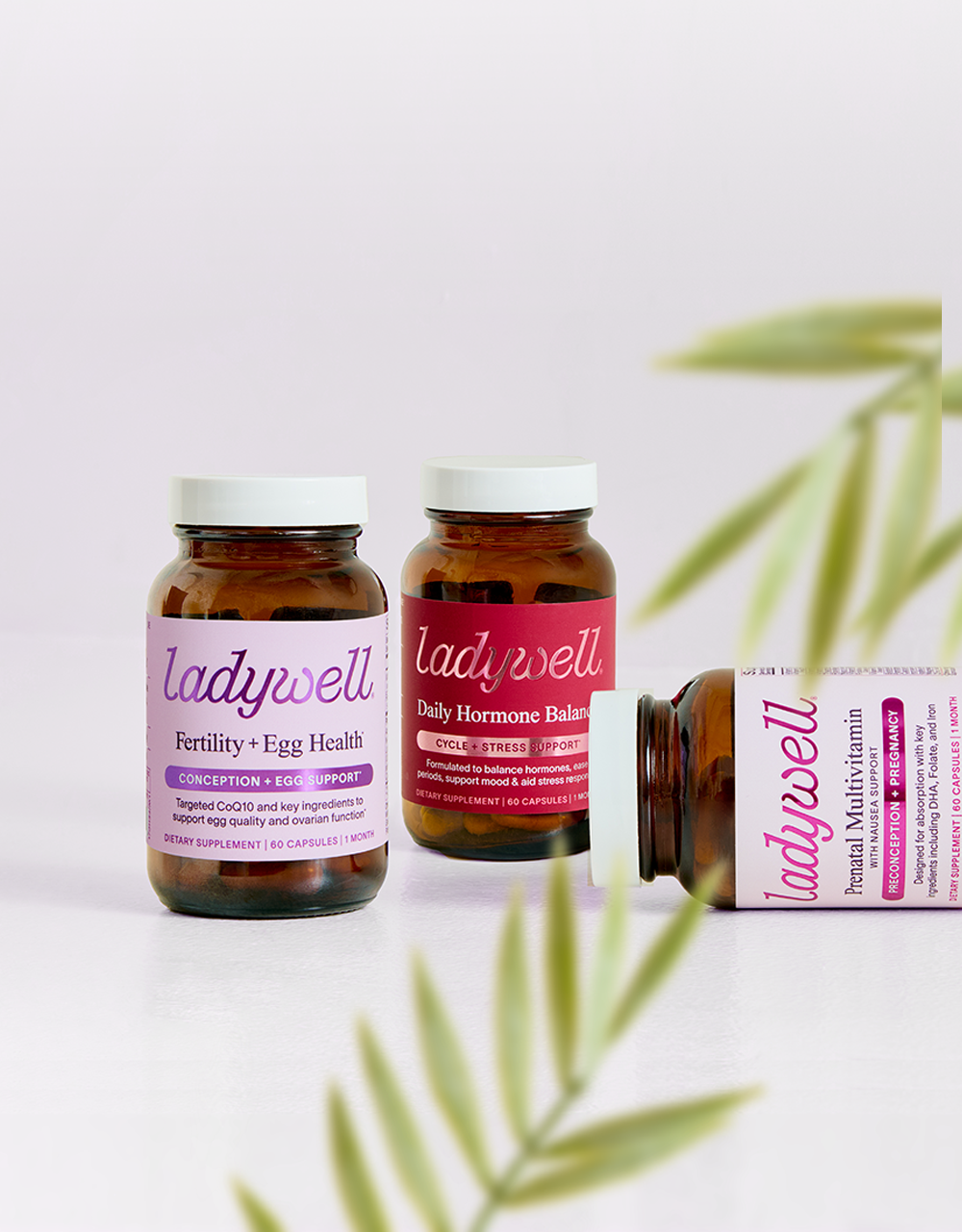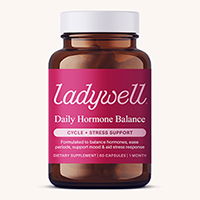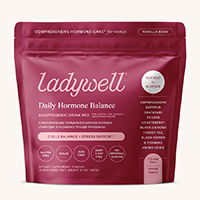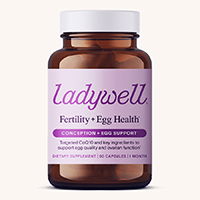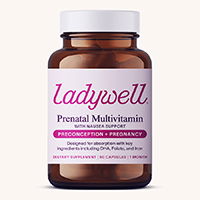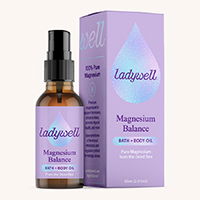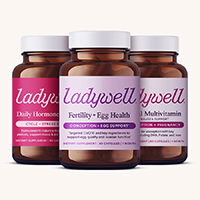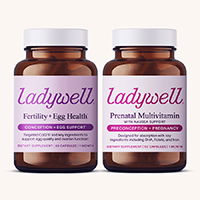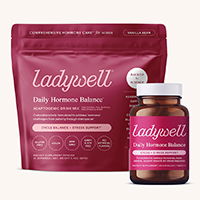The world of family planning has transformed significantly in recent decades. Today, women are choosing to have children later in life, with the average age of first-time mothers rising from 21 in 1972 to 26 today. In some regions and demographics, this number climbs into the early 30s. Additionally, same-sex and gender-nonconforming couples are experiencing greater acceptance and freedom to start families.
Many companies now provide financial support for fertility preservation options like egg freezing and embryo freezing, as well as other forms of assisted reproductive technology (ART). Despite the rise in these procedures, there’s a noticeable gap in conversations about preparing the body for optimal egg and sperm health.
In this article, we’ll explore how to prepare your body (or your donor’s body) for better egg quality, sperm health, and overall success with fertility treatments. Let's dive in.
Egg Freezing versus Embryo Freezing
Let’s start with the basics. Egg freezing, or oocyte cryopreservation, is a process in which a woman’s eggs are retrieved from her ovaries and frozen to be used in a future fertility treatment like in-vitro fertilization (IVF).
On the other hand, embryo freezing involves fertilizing the egg with sperm before freezing it. Those who freeze eggs might do so if they are unsure about their sperm donor choice, while couples who have already chosen their sperm and egg sources may opt for embryo freezing to move one step closer to conception.
How Does Egg and Embryo Freezing Work?
Both procedures begin similarly. The egg donor undergoes hormone injections for 8 to 12 days to stimulate the ovaries to produce multiple eggs. This boosts the chances of success since not every egg will result in a viable embryo.
If you’re freezing eggs, they are retrieved and stored. For embryo freezing, the eggs are fertilized with sperm before freezing.
Why Egg and Sperm Health Matter
Just like in natural conception, the health of the eggs and sperm at the time of retrieval is critical for success. The number of eggs that survive the thawing process and successfully fertilize depends on factors like the age of the donor and the quality of the eggs at the time they were frozen. Fertility begins to decline after age 35, but there are many things you can do to support egg health and fertility at any age.
Now, let’s dive into how to support egg health before shifting focus to sperm.
How to Improve Egg Health
Preparing for egg retrieval is similar to preconception planning. Here’s how to support egg health before undergoing fertility preservation procedures:
Key Nutrients to Include:
- Antioxidants: Nutrients like Vitamin C and CoQ10 support blood flow to the ovaries and protect eggs from oxidative stress, improving egg maturation and embryo quality. Foods rich in antioxidants include berries, leafy greens, and nuts.
- Folate: Folate not only supports fetal neural development but also improves chances of conception and success with fertility treatments. Taking Folate supplements before egg retrieval may positively impact pregnancy outcomes.
- Vitamin D: Vitamin D plays a vital role in supporting egg health and fertility by regulating ovarian function, enhancing hormone balance, and reducing inflammation. It improves egg quality, particularly in women with PCOS, and boosts fertility outcomes, including those undergoing IVF. With its antioxidant properties, Vitamin D protects eggs from damage, increasing the chances of successful conception.
- Inositol: This B-vitamin-like nutrient is beneficial for women with PCOS and has been shown to improve ovarian response and egg quality. It can increase the number of healthy eggs retrieved during stimulation.
- Omega-3 Fatty Acids: Omega-3s, especially DHA, are known to improve egg quality and embryo morphology, increasing the chances of success. Omega-3s also help balance the body’s inflammatory response by improving the ratio of Omega-3 to Omega-6 fatty acids, promoting overall health and egg quality.
- Probiotics: Gut health is linked to fertility. Studies show that inflammation and poor gut health can negatively affect egg quality, making probiotics an essential part of your preconception plan.
What to Avoid or Limit:
-
Caffeine: Some studies suggest that drinking more than 85 mg of caffeine daily (about one cup of coffee) may reduce a woman’s chances of conception. While this is not universally proven, reducing caffeine intake could improve pregnancy outcomes.
-
Trans Fats: These unhealthy fats have been linked to ovulatory infertility. Replacing trans fats with healthy fats like Omega-3s can significantly boost fertility and egg quality.
-
Endocrine Disruptors/Toxins: Exposure to endocrine disruptors and heavy metals found in everyday products can harm fertility. Reducing your toxic exposure through a preconception detox can help support egg health.
-
Sugar: High sugar intake increases inflammation, which negatively affects egg quality. Limiting added sugars is essential for improving fertility.
-
Stress: Chronic stress may interfere with implantation success. Incorporating stress-relieving activities like mindfulness, yoga, or meditation can enhance fertility treatment outcomes.
Preconception detoxing can help your body clear out excess hormones and toxins that may interfere with fertility. Research suggests that reducing your toxic load can improve ovarian function and overall reproductive health. Consider a gentle detox before undergoing egg retrieval.
How to Improve Sperm Health
If you’re freezing embryos, sperm quality matters as much as egg quality. Healthy sperm must be motile, properly shaped, and present in sufficient quantities for successful fertilization.
Key Nutrients and Practices to Include:
- Sperm-Boosting Foods: Foods rich in antioxidants and healthy fats can significantly improve sperm health. For more information, check out our blog on the best foods for sperm health.
- Key Nutrients: Nutrients like zinc, selenium, and Vitamin C are essential for supporting sperm motility, morphology, and overall fertility.
- Detox: Similar to women, men can benefit from a preconception detox to reduce the body’s toxic load. Studies show that toxins negatively affect sperm quality, so detoxing before undergoing fertility preservation is a wise move.
What to Avoid or Limit:
- Caffeine, alcohol, unhealthy fats, and diet drinks are all linked to decreased sperm quality. Cutting back on these can enhance sperm health and improve chances of successful embryo freezing.
- Avoid saunas, steam rooms and hot tubs: Reducing heat exposure is crucial for sperm health, as excessive heat can impair sperm production and decrease motility.
Conclusion
Both egg freezing and embryo freezing offer excellent options for preserving fertility. However, it’s crucial to remember that these procedures preserve your current health at the time of retrieval. Optimizing your body’s health before undergoing fertility treatments, just as you would before conceiving naturally, can lead to long-lasting benefits for both you and your future family.
Set yourself up for a healthy TTC and pregnancy journey with Ladywell Fertility Supplements.
Disclaimer
The information provided in this blog is for educational purposes only and is not intended as a substitute for professional medical advice. Always consult a qualified healthcare provider before making any changes to your health regimen, especially if you are pregnant, nursing, or taking any medications.




